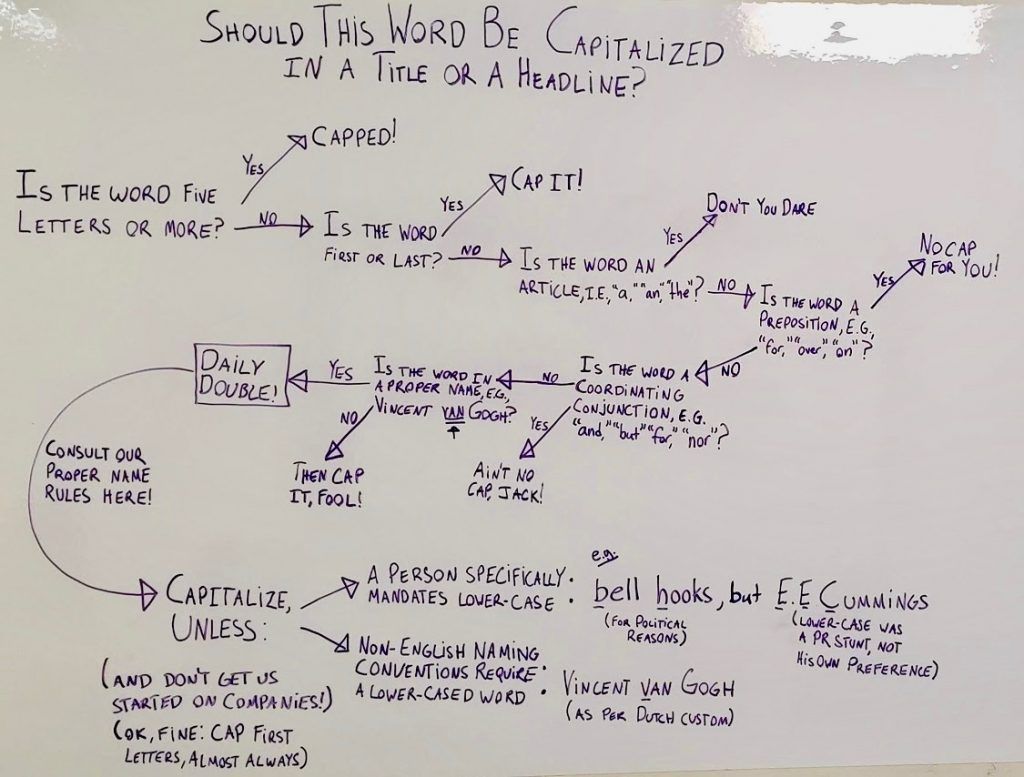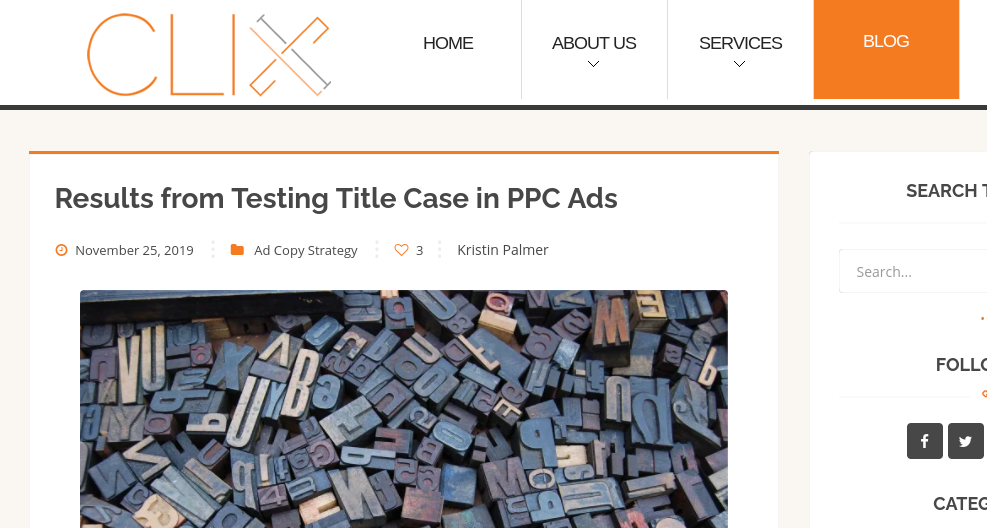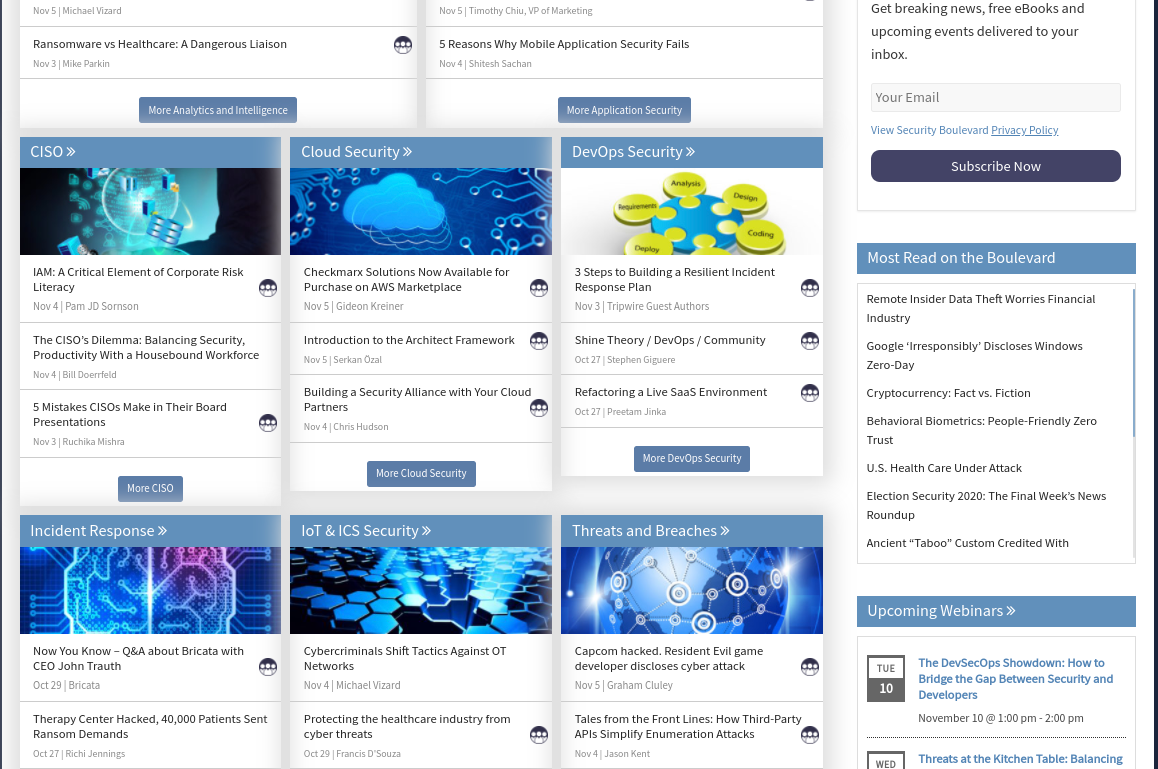Do We Really Need Headline Capitalization Tools?
How do you capitalize headlines - on a blog, say, or in a whitepaper? And should you do it at all? Beware the one rule that must not be broken. The tools on the shortlist below will help.

"Learn the rules before you break them" is time-honored advice. Variations are attributed to Pablo Picasso ("Learn the rules like a pro, so you can break them like an artist") and the Dalai Lama (falsely), among others.
My flight instructor had his own version. It ended with "...and only if required in an emergency to ensure a safe outcome."
Title capitalization in B2B content isn't exactly a matter of life or death. So when headlines are created as an afterthought, it often happens with little or no regard for any rules whatsoever.
Did anyone say "style guide"? Oops.
The problem with headlines that flout the rules is that they look sloppy.
A capitalization mistake jumps out at readers. It violates a familiar pattern they have come to associate with trusted sources.
It doesn't matter if they can't put the finger on it.
Something simply seems off.
Which brings us to:
One title capitalization rule to rule them all
Be consistent. That's all.
Title case, sentence case, AP, Chicago, New York Times: Once we choose a headline style for our title or subheadings, we better stick with it.
If we don't, it becomes a distraction and weakens our message.
That rule applies to blog posts, landing pages, and whitepapers just the same.
Or take the overlay text on social media images, for example. In this case, the visual draws even more attention to capitalization errors.
The tools listed below help you ensure consistency for whatever style you settle on.
Before we get there, let's back up for a moment.
You may ask:
Why should we use headline capitalization at all?
Fair question. Given the variety of distinct title capitalization rulesets and fringe cases, who really has the time?
If your company sells to the federal government, guidance comes from the US Government Publishing Office. It published a 42-page document on Capitalization Rules [PDF] in headlines and beyond.
You may need a break after reading it. Reward yourself and enjoy the flowchart below, courtesy of The Millions:

Please note: The information on the whiteboard is true to the style of The Millions and Publishers Weekly specifically.
Photo: John Maher / The Millions
As for the initial question - should you capitalize your headlines? - don't expect much more help from the web.
Research: Which headline style do people prefer?
In the US, title capitalization was taught in school. It is expected in book titles and academic writing. All major newspapers, magazines, and other leading news sources used to capitalize their headlines.
This has changed.
Yes, some - The New York Times and The New Yorker are two examples - still do. But many others have changed their headline style rules over the past two decades. That group includes ABC News, The Boston Globe, CNN, NBC News, The Washington Post, and The Los Angeles Times.
So why do we still use title style headlines on industry blogs and other B2B content, including this one?
Because readers prefer title case headlines, they perceive them as more credible and authoritative.
Or so we learned. Does research really back this up?
When I prepared this post, I couldn't find any current research that would support that assumption. (If I missed something significant, drop me an email; I will amend this post with a link and credit you.)
A few content marketing blogs mention a contributed post from 2013 on the Moz Blog, 5 Data Insights into the Headlines Readers Click. It references a study conducted by marketing firm Conductor.
The agency asked 750 US-based online users about their preferences. At the time, 64% of readers preferred a title case headline ("The 5 Steps to Prepare for the Impending Zombie Apocalypse").
The Conductor study also found that 21% liked to be yelled at in uppercase ("THE 5 STEPS TO PREPARE FOR THE IMPENDING ZOMBIE APOCALYPSE"). Only 7% preferred the sentence case headline ("The 5 steps to prepare for the impending zombie apocalypse").
Mind you, those were responses to a question.
The proof is in the click on the actual headline. Perhaps online advertising experts have more current data?
Test: Headline capitalization in pay-per-click ads
Recent insights come from Pay-Per-Click (PPC) online ads, courtesy of Kristin Palmer. She conducted a test for Clix Marketing in 2019.
The campaign manager wondered if ads with title case would draw more clicks than those with sentence case, or vice versa. Palmer used the headlines of two clients' Google and Microsoft ads to find out.

I recommend reading her post. Palmer published the methodology and findings of her title case test on the Clix Marketing Blog.
The results were decidedly - inconclusive.
Headline capitalization - yes or no?
Where does all this leave us in cybersecurity content marketing?
IT security is a conservative industry. Most cybersecurity blogs and portals continue to capitalize headlines, a glance at feed aggregator platform Security Boulevard confirms.

In most whitepapers and research reports of this engineering-driven community, headlines are capitalized. Such content often reflects the academic style - for better or for worse - of computer science and engineering departments, where capitalizing publication titles is the norm.
Change is underway, though. Influential IT security blogs and websites have found that opting for sentence-case headlines didn't harm their chances with fellow cybersecurity professionals.
Out of 27 sources named on Upguard's The Top Cybersecurity Websites and Blogs of 2020, for example, more than one-third use sentence case in their post headlines.
Bottom line: With quality content, it doesn't matter if you use sentence case headlines or capitalize titles on blog posts and marketing collateral.
What matters is consistency.
Three title capitalization tools that help ensure consistency
Applying headline style consistently matters. It speaks to a company's ability to organize its content as a brand.
Stick to the style your team has settled on. Does that require title case in headlines and perhaps also subheadings on your business blog, for example?
Then it should be applied consistently and in sync with the chosen ruleset for each post.
You may have memorized the main rules. But what about the fringe cases? Sooner or later, you'll need a headline capitalization tool.
Web-based title capitalization tools save time, because they have the rules baked in and instantly apply them to any headline you enter. They help prevent mistakes that could weaken our message and become a distraction for readers and viewers.
Check out my recommendations below. I've picked three free writing tools that offer quick and straightforward help with headline capitalization:
Capitalize My Title
Capitalize My Title pioneered the free headline capitalization tool genre. The site has since developed into one of the most versatile free online multitools for bloggers, writers, content marketers, and educators.
Capitalize My Title is my go-to online tool for headline capitalization. It offers a straightforward conversion form for capitalizing headlines and subheadings based on the APA style guide, the Chicago Manual of Style, the Associated Press (AP) Stylebook, the MLA Handbook, the New York Times style guidelines, Wikipedia's capitalization rules, or a separate ruleset for email (the differences are explained here).
I've mentioned the site before in my short headline analyzer tools overview on the Cybersecurity Writers blog. Conveniently, headline analysis can be applied directly from the capitalization interface.
Title Capitalization
This tool offers a minimalist take on the genre. It also presents a variation of the headline for each major style with a short rules overview on the same page.
Title Case Converter
The Title Case Converter's clean interface enables headline capitalization based on the most-used rulesets - with a twist.
This helpful feature turns the Title Case Converter into a learn-as-you-go tool. Once a headline has been converted, the converter explains why each word was capitalized or lower-cased.
The tooltip tutor enables writers and editors to learn or refresh their command of a selected style while applying it.
Expect further hands-on tips in our upcoming posts and mailings. Are you looking for subject matter experts who plan, create, and promote targeted IT security content fast? Let us know.
Contact Cybersecurity Writers to learn about our process and
